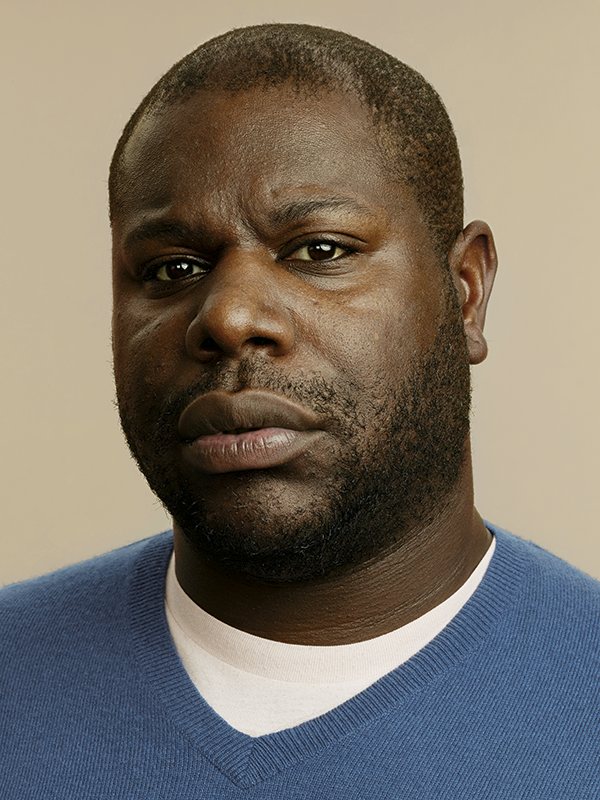| Michael Fassbender and Chiwetel Ejiofor in "12 Years A Slave" |
Yesterday morning, Sheffield's "Showroom" Screen 4 cinema was once again packed. This time our film treat was the much vaunted "12 Years A Slave" - based upon an original 1853 memoir by Solomon Northup. Though Northup was a "free man", he was kidnapped in Washington DC and sold into slavery - working on a Louisiana cotton plantation for twelve long years before reclaiming his freedom. The neglected text was accidentally re-discovered by Bianca Stigter - wife of the film's English born director - Steve McQueen.
Would "12 Years A Slave" live up to its glowing reviews and all the positive hype that has surrounded it? In short, yes. I sat there by the aisle on the front row totally transfixed. Though the subject matter was ugly, the cinematography was often beautiful. Steve McQueen frequently let the camera linger, allowing the film audience to fully absorb particular moments. This contributed to a sense of the slowness of passing time and to the continuous tension of life on the plantation under the possessive gaze of the excellent Michael Fassbender who played the part of vile plantation owner Edwin Epps.
|
You may see whippings in other films but surely none have ever been as a graphic or as convincing as the lashings shown in this film. You share the pain and the cruelty. The worst lashing is reserved for Lupita Nyong'o as Patsey who despite being the best cotton picker and Epps's unwilling sex slave is whipped mercilessly and without reason. Her back is left looking like raw meat in an abattoir.
 |
| Director - Steve McQueen |
Thinking of butchers, Steve McQueen once explained why he doesn't mingle socially with other film-makers - "That's like if you're a butcher, hanging out with other butchers. You chop meat this way, and I chop meat that way. What's there to talk about?" Perhaps that quote partly explains the originality of McQueen's style. He comes at the task with an independent creative vision that isn't over-twisted by the influence of others.
There have been many portrayals of slavery in film and television but in comparison with others I recall, this film surely provides the most convincing portrait ever made. Maybe because the director is himself a black man whose own ancestors were brought in chains from Africa to the West Indies, the black characters are treated sympathetically and painted as individual people in their own right. They have dignity amidst the cruelty and injustice of plantation life.
Northup is played by British actor Chiwetel Ejiofor who after twelve long years manages to get a message back to influential friends in New York State. They come to rescue him and the film finishes with a touching family reunion, made more poignant by further lingering camera work.
It is a triumphant film that without preaching spells out the wrongness of slavery and the hatefulness of cruelty towards other human beings. How strange though that such a tale was largely down to a black British director with a cast led by British actors - telling a story that was especially American. The shadows of those times have not yet gone away.










































